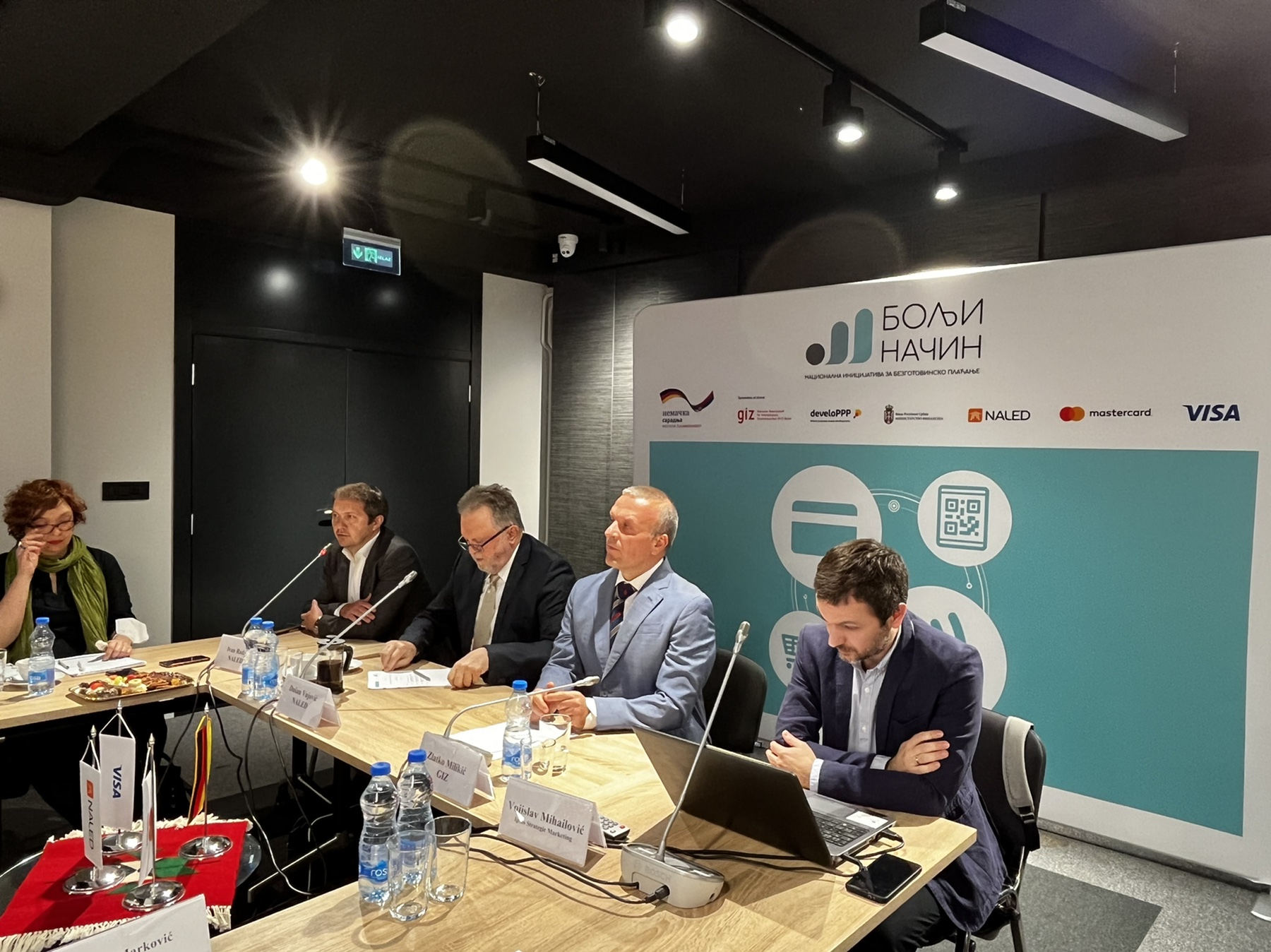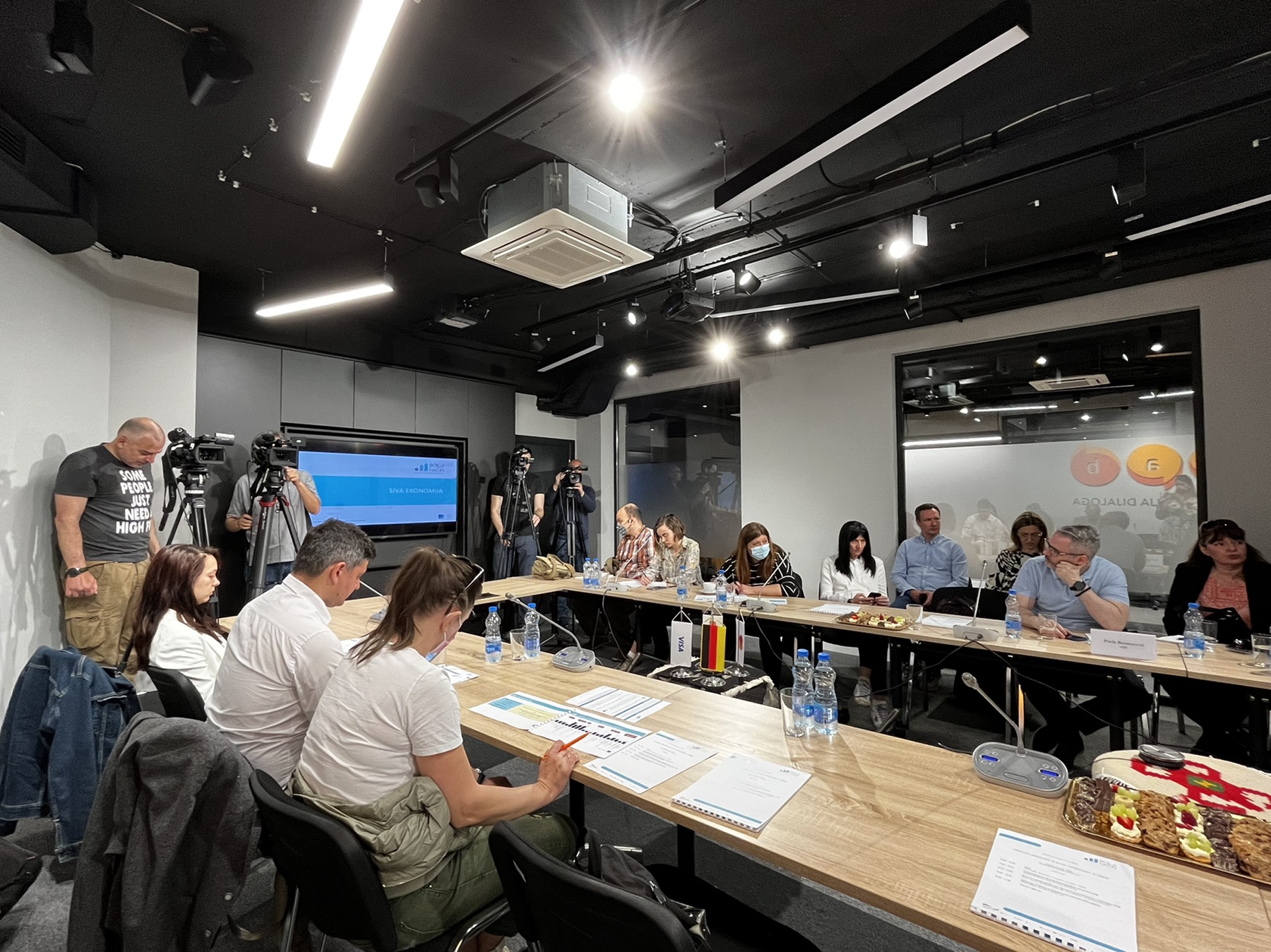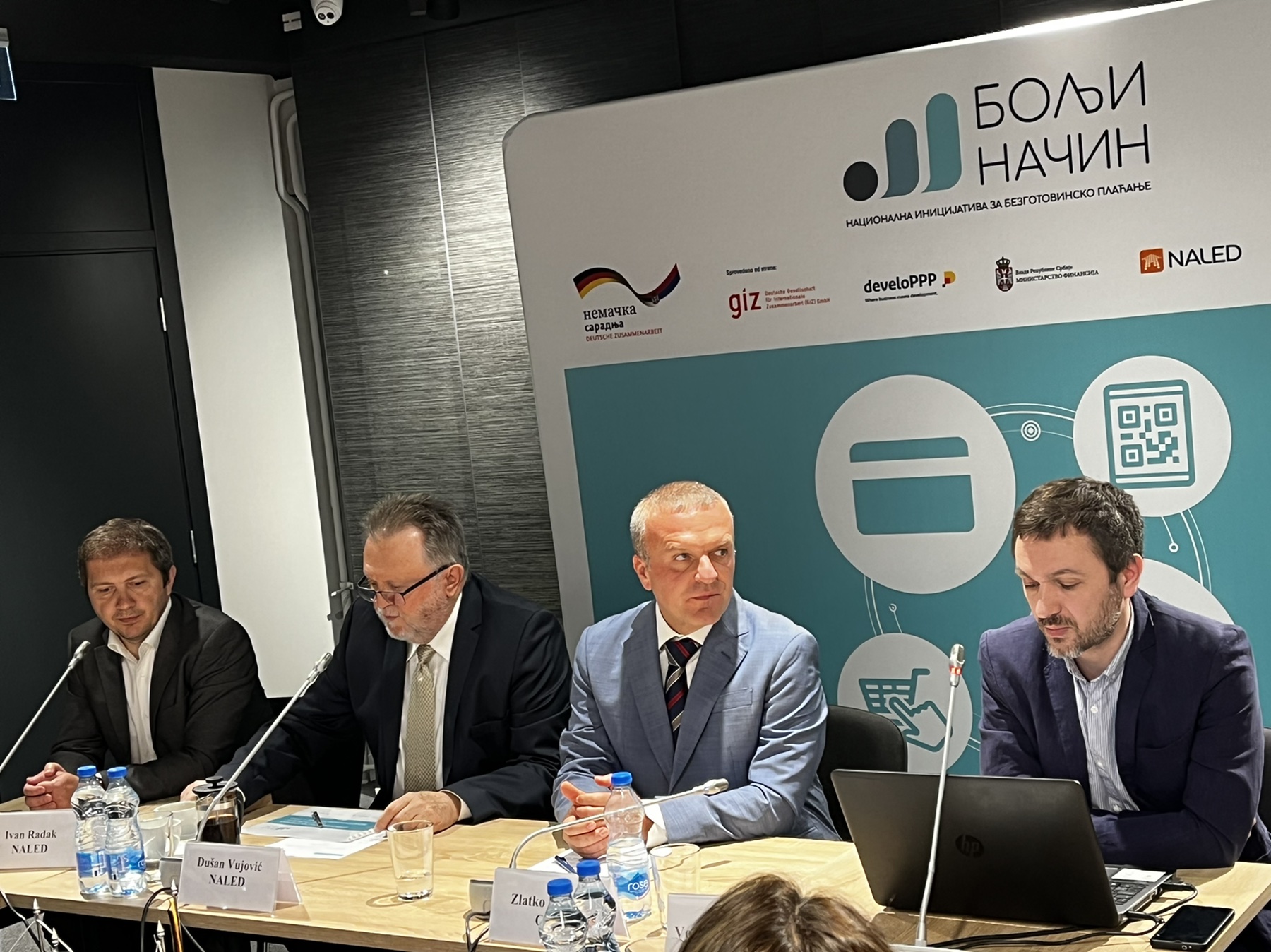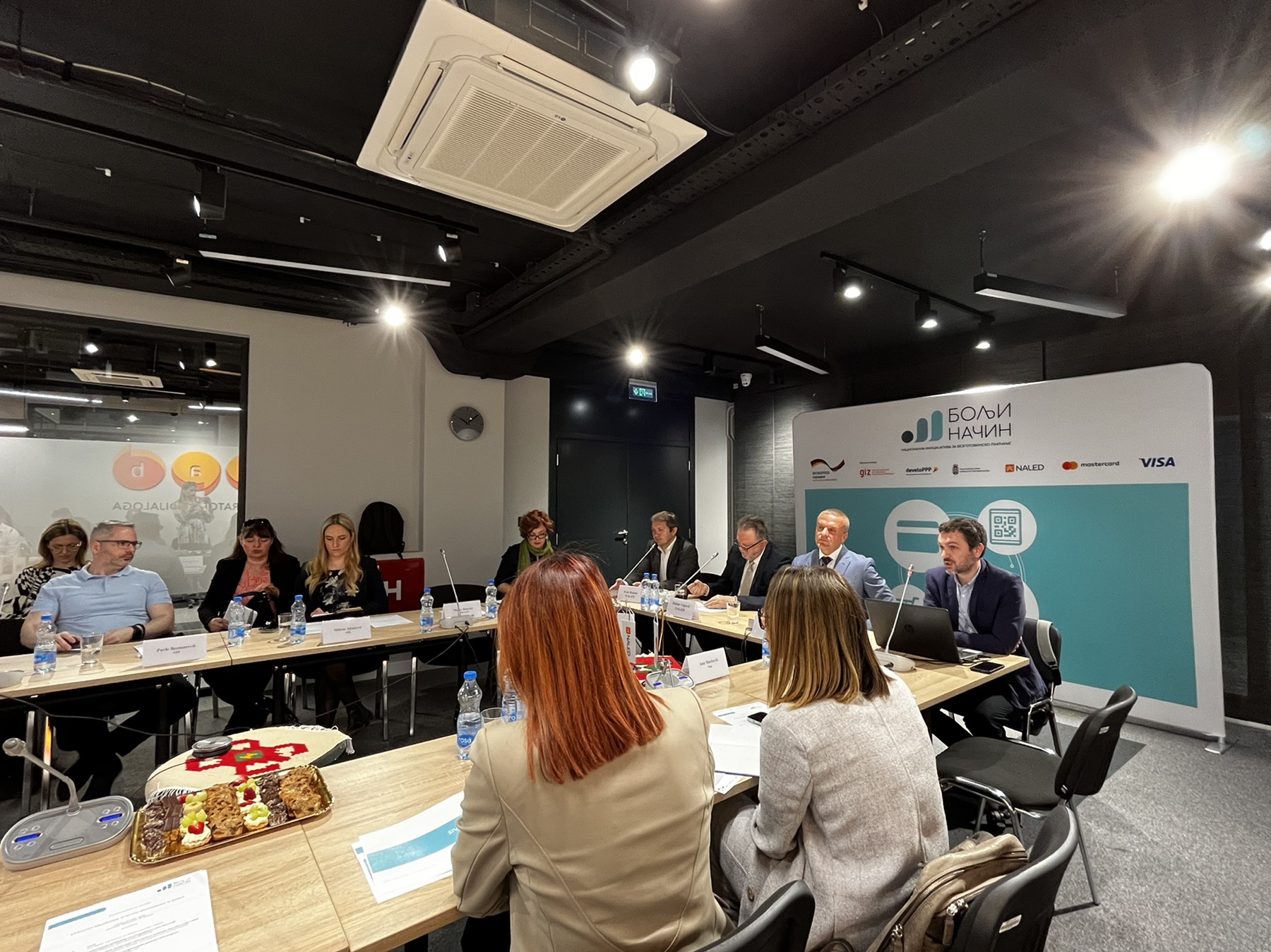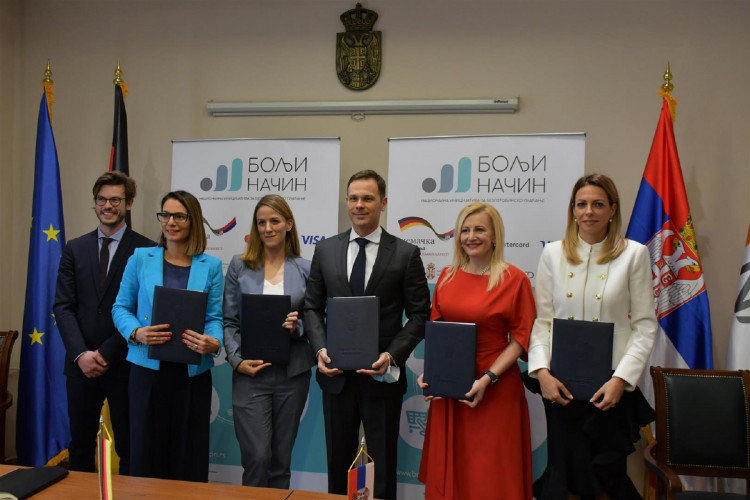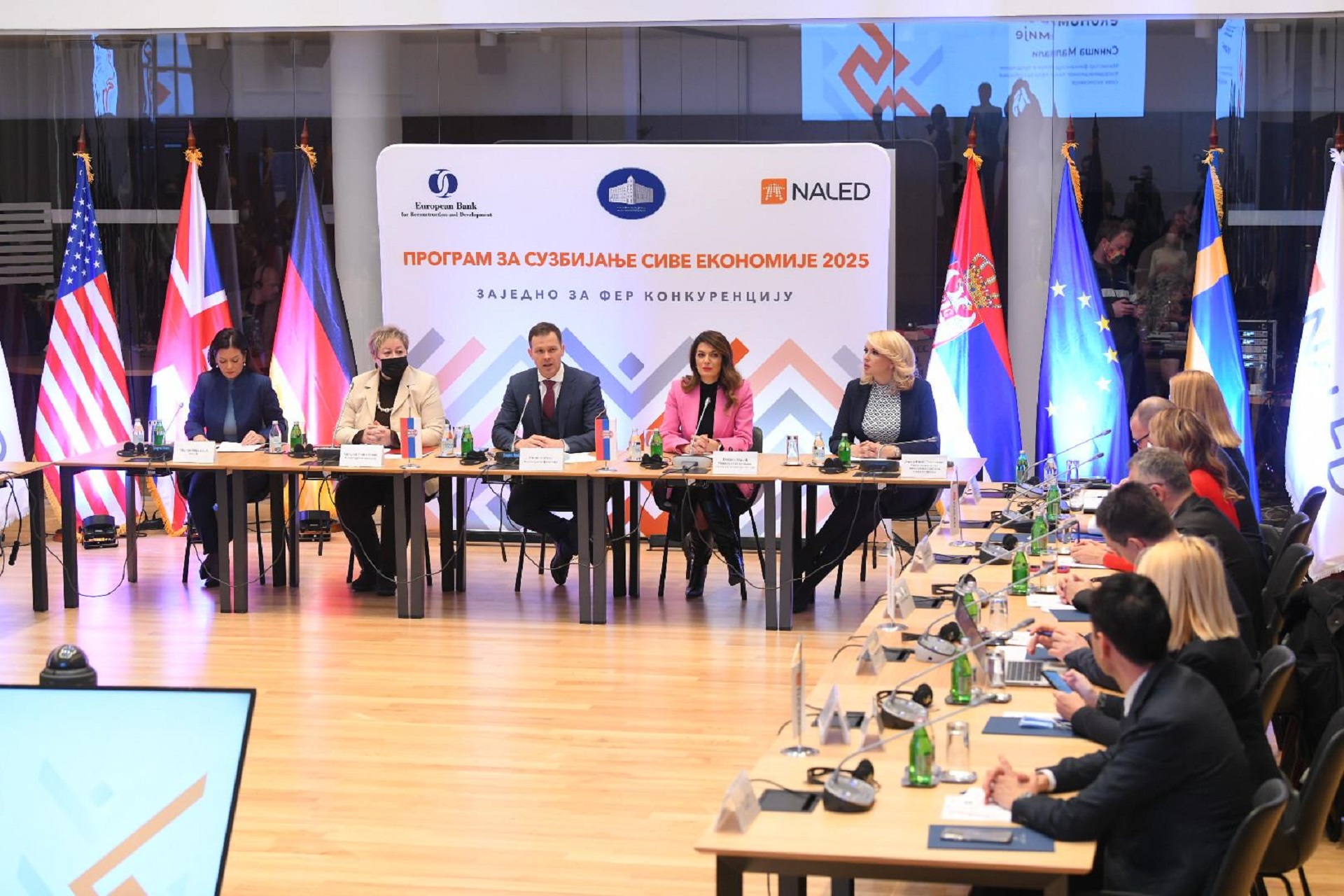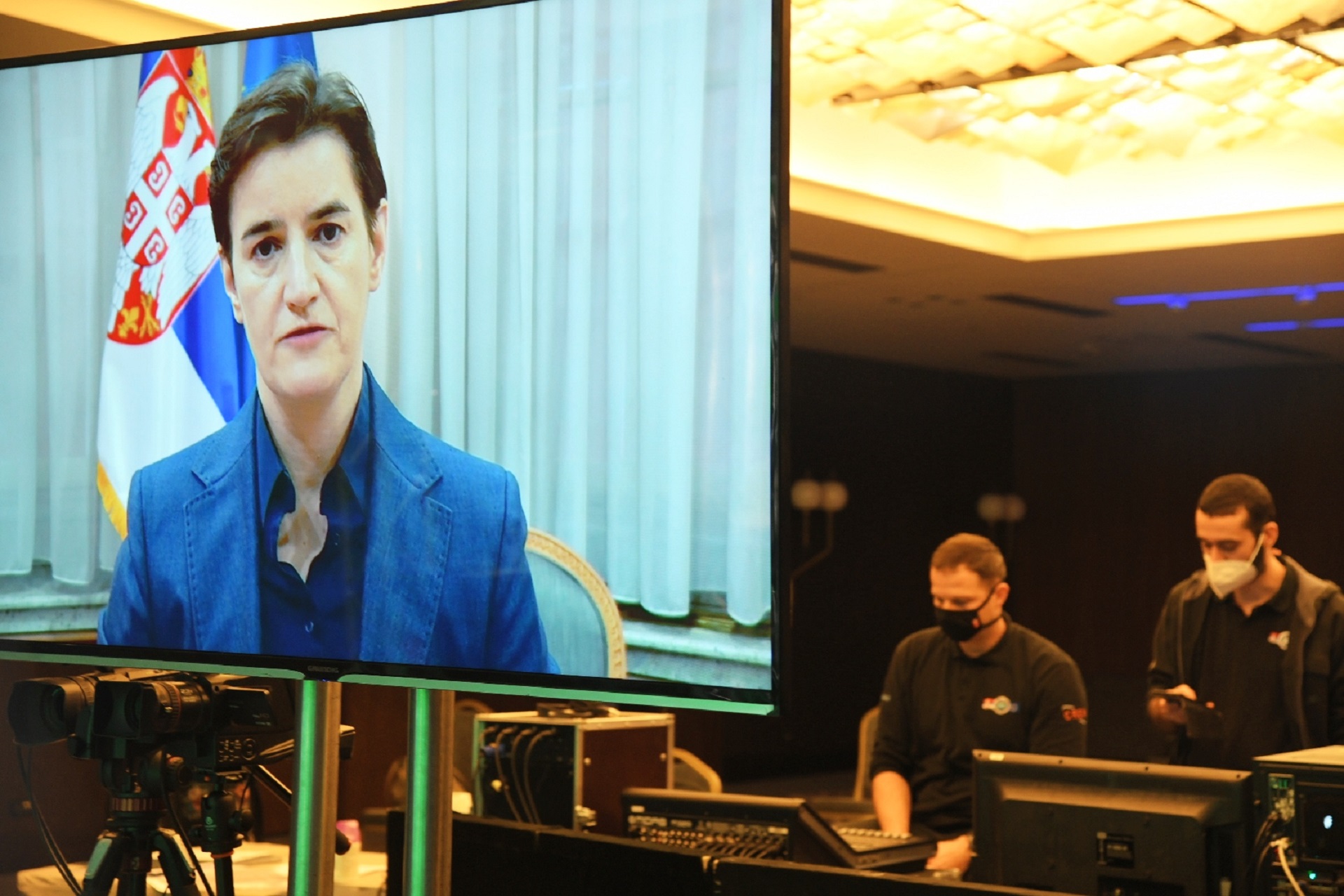Serbian citizens get braver, a half would report illegal employment
Nearly a half of Serbia’s citizens (49%) are willing to report their employer for illegal employment practices. This is a significant shift compared to five years ago, when only a third of workers would have done the same, and the most common reason for not reporting is fear of losing their job, it was announced at a press conference presenting the new citizens’ opinion survey on shadow economy.
Citizens also show greater determination to take action against the gray zone in the role of buyers. Although 90% of them point out that they regularly receive a fiscal receipt when shopping, almost half have no problem asking for it when that is not the case. Also, 31% of citizens say that they would report the seller for not issuing a fiscal receipt, which is a better performance compared to the survey from 2017, when about a fifth of respondents opted for this option.
Nearly a half of citizens have the impression that the volume of shadow economy has decreased compared to previous year. The same share thinks that this harmful phenomenon is most prevalent in the construction sector (49%), followed by retail (34%), catering (23%), crafts and among lawyers.
The President of NALED’s Scientific Council Dušan Vujović pointed out that positive trends are encouraging and that the most important thing for combating the gray economy is to discover it at the very beginning, before it enters economic flows.
- Back when I served as the minister of finance, we had 700,000 people who officially worked for the minimum wage, although economic indicators showed that the job should have been paid more. They had to receive the rest of the money in some other way. This is just one of the types of evasion and more complex part is to find a trace of that money. For example, the state could reduce taxes and contributions on salaries, if more people would pay contributions - said Vujović.
As many as 72% of citizens believe that the gray economy is not justified, and most often recognize it as undeclared work and tax evasion. On the other hand, the fact that one third of the respondents believe that the gray economy does not significantly affect their lives is worrying, and almost 20% admit that they receive all or part of their salary through “cash in hand”.
This comprehensive research was conducted for the National Cashless Payment Initiative, a joint project of Deutsche Gesellschaft für Internationale Zusammenarbeit (GIZ) GmbH and Mastercard and Visa, conducted under the auspices of the German Federal Ministry for Economic Cooperation and Development (BMZ) in cooperation with NALED and the Ministry of Finance of the Republic of Serbia.
- The slogan of the National Initiative is Better Way because we believe that the advantages of cashless payments over cash are obvious - efficiency, reliability and practicality. One of the project goals is to increase the reception infrastructure and that is why the POS Program was designed, available for application by entrepreneurs and SMEs that seek to install a POS terminal, those who want to sell products online for which they will receive a software solution, as well as government and local institutions - said Zlatko Milikić, Project Team Leader on behalf of GIZ in Serbia and invited all those interested to visit the site boljinacin.rs where pre-applications for the POS program are underway.
According to the research, one in two citizens use some kind of cashless payments. Cards still play a dominant role (73%), while instant payments are the least represented (14%). Cashless payments are mostly made for purchases of appliances, furniture and household appliances, and a third of citizens would like this option to be introduced in hairdressing and beauty salons, a quarter in public institutions and a fifth in small local shops.
Those who use cashless payment methods indicate that the key reason is that they do not have to carry cash with them, it is easier and faster for them to pay in cashless mode and because there is less risk of theft or loss of money. Those who use cash say that they would be motivated to transition to cashless payments if offered discounts in stores or tax breaks.

